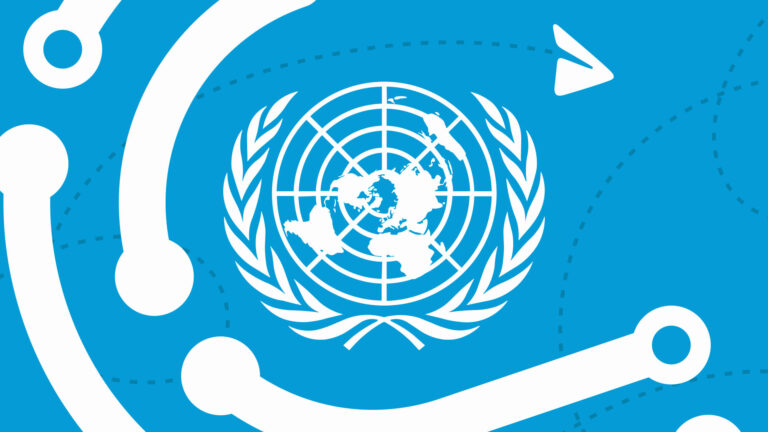
Introduction to the UN Report on Telegram
The United Nations has recently unveiled an eye-opening report shedding light on Telegram’s unexpected role as a major platform for criminal networks in Southeast Asia. This encrypted messaging app has unexpectedly become a hub for illegal activities, including money laundering, fraud, and the trade of stolen data. The UN findings reveal that organized crime groups are leveraging Telegram’s advanced features to conduct illicit operations with surprising ease.
Telegram: A New Era In Crime
According to the United Nations Office on Drugs and Crime (UNODC), these criminal networks are generating staggering revenues, estimated to range between $27.4 billion and $36.5 billion annually. The report highlights how Telegram has revolutionized the landscape of organized crime, enabling syndicates to function with minimal oversight. Criminals exploit the platform to sell malware, deepfake software, and engage in fraudulent activities by trading passwords and sensitive data, such as credit card information. To put the scale of these operations into perspective, some advertisements boast of moving $3 million worth of stolen cryptocurrency every single day.
The proliferation of unregulated cryptocurrency exchanges on Telegram has further exacerbated the situation. These interactions furnish criminals with the necessary tools to launder money easily. Among these criminal networks, the UNODC has identified Tether (USDT) as the preferred stablecoin, highlighting its crucial role in facilitating transactions for illicit activities.
The Arrest Of Pavel Durov
The situation took a turn for the worse when Pavel Durov, the founder of Telegram, was arrested in Paris in August. He faces severe charges for allegedly enabling various unlawful activities on the platform, including drug trafficking and child exploitation. Durov has stated that while the company is dedicated to enhancing user privacy, it also strives to comply with legal requirements by cooperating with authorities when necessary. His arrest has ignited a broader discussion about the responsibilities of tech companies in monitoring illegal activities on their platforms. Striking the right balance between safeguarding user privacy and ensuring public safety remains a contentious issue.
The Broader Implications
The latest findings from the UN carry profound implications. Benedikt Hofmann, the deputy representative for Southeast Asia and the Pacific of UNODC, remarked that Telegram provides a conducive environment for criminals. This raises concerns about the vulnerability of consumer data, which could be easily exploited for fraudulent purposes or other illegal endeavors. Furthermore, the report highlights that the considerable profits amassed by these crime syndicates drive them to continually innovate. They are now employing cutting-edge technologies, such as artificial intelligence and deepfakes, in their criminal activities, making it increasingly difficult to track them down. More than 10 deepfake software providers have been identified as specifically catering to criminal organizations involved in cyber-enabled fraud.







